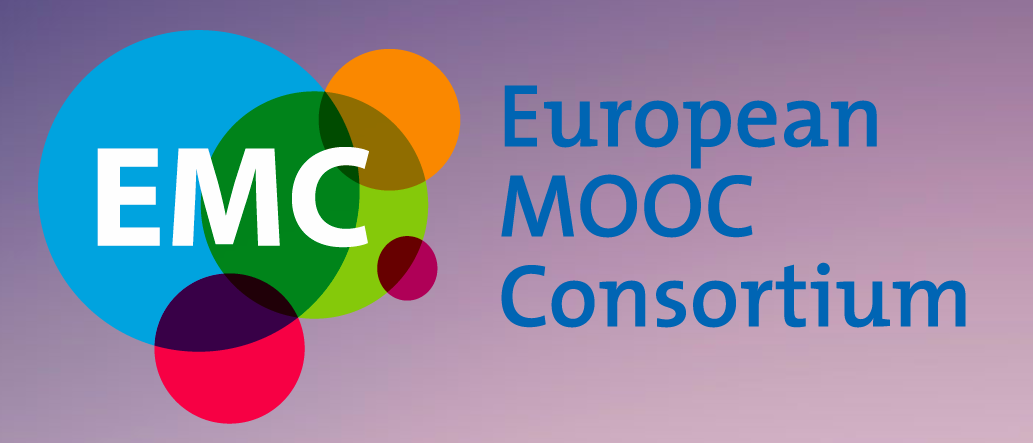One of the things that we need to do as the OER Hub project progresses is keep track of the various research and dissemination activities that we are involved with over the two year period. I have a couple of things to report on already…
I’ll be writing a fuller report Visual Learning conference I attended last week, but my presentation was relevant to OER Hub with respect to the redevelopment of the Evidence Hub. We need to work out creative and pedagogically sound ways to convey complex ideas and data visually in order to communicate our findings effectively. We need to build new tools (or adapt existing ones) in order to structure the user experience of data in intelligent ways.
Patrick McAndrew and I have had our abstract for OER 13 accepted; this provides another opportunity for general project dissemination. The focus here will be on our research methodology and the challenges raised by doing collaborative research ‘in the open’.
The Ecology of Sharing: Synthesizing OER Research
McAndrew, P. & Farrow, R.
Arguably, Open Educational Resources (OER) are starting to enter the mainstream, though some fundamental questions about their value and impact remain to be answered or supported with appropriate evidence. Much early OER activity was driven by ideals and interest in finding new ways to release content, with less direct research and reflection on the process. Furthermore, the majority of OER studies are localised, making extrapolation problematic. At the same time there are considerable practical experiences and ideas that it would be valuable to share. This presentation introduces the ‘hub’ as metaphor for the kind of networked research that is needed by the OER movement. The Open University’s OER Research Hub project (2012-2014) works across eight primary research collaborations augmented with additional fellowships and connections with organisation to collate and synthesize research into OER across a range of sectors and stakeholders (k12, College Entry, Higher Education, Informal). The guiding research hypotheses are grounded in preparatory work in discourse analysis and collective intelligence as part of the OLnet project (which was previously presented at OER12). We then describe the research methodology for OER Research Hub, showing how claims about ‘openness’ may be validated in different contexts. The argument presented is that through (1) integrating and co-ordinating research methods and (2) developing open data policies it is possible to build an evidence base for the kinds of claims that the OER movement wants to make. Thus, through an ‘ecology of sharing’ researchers can build and participate in a research network that is greater than the sum of its parts. We will also show how this is working in practice by highlighting some of the activities that are taking place within some collaborations, showing how harmonizing the questions we ask in surveys and interviews across the different collaborations enhances our ability to make both comparative claims which apply in the broadest range of educational contexts.
[Reblogged from http://www.open.ac.uk/blogs/openminded/?p=764]




Leave A Comment